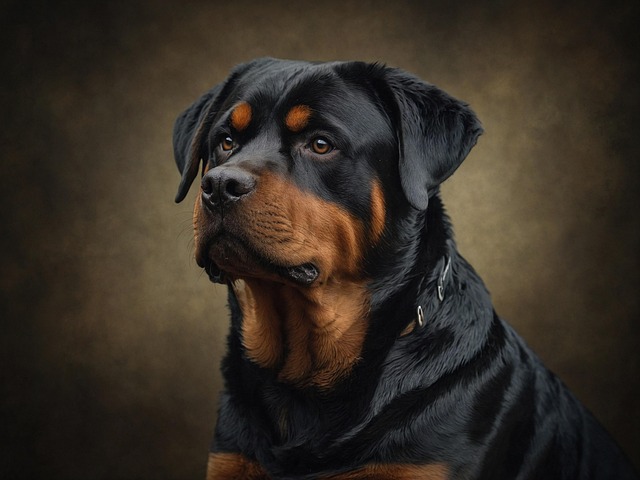
How do i train my dog to be obedient?
Watching your dog dart across the park ignoring your calls isn’t just frustrating—it can put them at risk near busy streets or public spaces.
If you’ve ever chased your puppy around the living room after they had an accident, or spent weekends scrubbing grass stains off your patio, you know how frustrating inconsistent potty habits can be. Training your dog to use one specific spot—whether it’s a patch of mulch in the yard or a pee pad inside—starts with timing and consistency. Take them to that spot first thing in the morning, right after meals, and before bed; dogs naturally need to go when their tummies are full or after resting, so capitalizing on those moments cuts down on mistakes fast.
Pick a spot that works for both of you—and fits local rules. In cities like Chicago or London, many rental properties ban dogs from using front yards, so a backyard corner with easy access is better. Mark the area with something simple, like a small flag or a decorative stone, so your dog learns to associate that visual cue with potty time. When they sniff around or circle (classic pre-potty signs), stay calm and encourage them with a soft “go potty”—too much excitement can distract them. Once they go in the right spot, reward them immediately with a tiny treat and lots of praise; positive reinforcement builds a strong link between the action and the reward.

Accidents will happen, but how you handle them matters. Never yell or rub your dog’s nose in it—this just makes them scared to go near you when they need to potty, which leads to more hidden accidents. Instead, clean the mess with an enzyme-based cleaner (regular soap leaves traces of scent that might make them go there again). If you catch them mid-accident, gently pick them up and move them to the designated spot—they’ll start to connect the two over time. This approach aligns with how most dog trainers in the US and EU recommend handling potty training, focusing on trust rather than punishment.
Don’t forget to check local laws while you train. In France, for example, you’re required to carry poop bags at all times, even when walking your dog in your own neighborhood. If your designated spot is outdoors, make sure it’s not on public property or a neighbor’s lawn—many areas fine owners for leaving dog waste in shared spaces. You should also consider your dog’s age: puppies under 6 months can’t hold it as long, so they’ll need more frequent trips to their spot, while adult dogs might only need 3-4 visits a day. Adjusting the schedule to their needs keeps the training realistic and less stressful for both of you.
With patience, your dog will learn to head to their spot on their own—usually within 2-4 weeks for puppies, and a little faster for adult dogs who already have some control. The key is to stay consistent with timing, rewards, and cleaning, and to follow local rules to keep your community happy. Once they’ve got it down, you’ll both enjoy more freedom—no more last-minute dashes to the yard or stressing about accidents—and a stronger bond built on clear communication. Training isn’t just about teaching a habit; it’s about helping your dog feel secure in knowing where they’re supposed to go.

Watching your dog dart across the park ignoring your calls isn’t just frustrating—it can put them at risk near busy streets or public spaces.

New puppy owners often find themselves rushing to clean up accidents before they set in, and that’s where puppy pad training becomes a game-changer.

If you've noticed your dog's waistline disappearing and your veterinarian has mentioned those few extra pounds, your first instinct might be to simply reduce the amount of food in their bowl.

Training a dog to use a designated spot indoors isn’t as daunting as many new owners fear, but it does take consistency and an understanding of your pet’s needs.

That moment of dread on a walk is all too familiar for many new dog owners. You see another dog approaching down the sidewalk of your neighborhood

If the sight of another dog on your neighborhood walk makes your heart sink as your own dog erupts into a frenzy of barking and lunging, you're not alone.